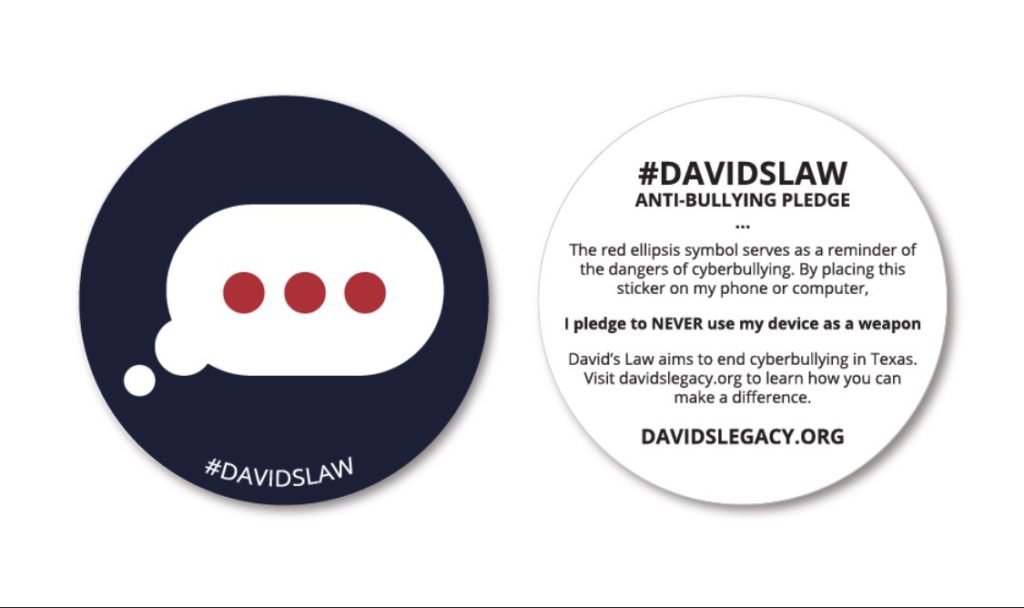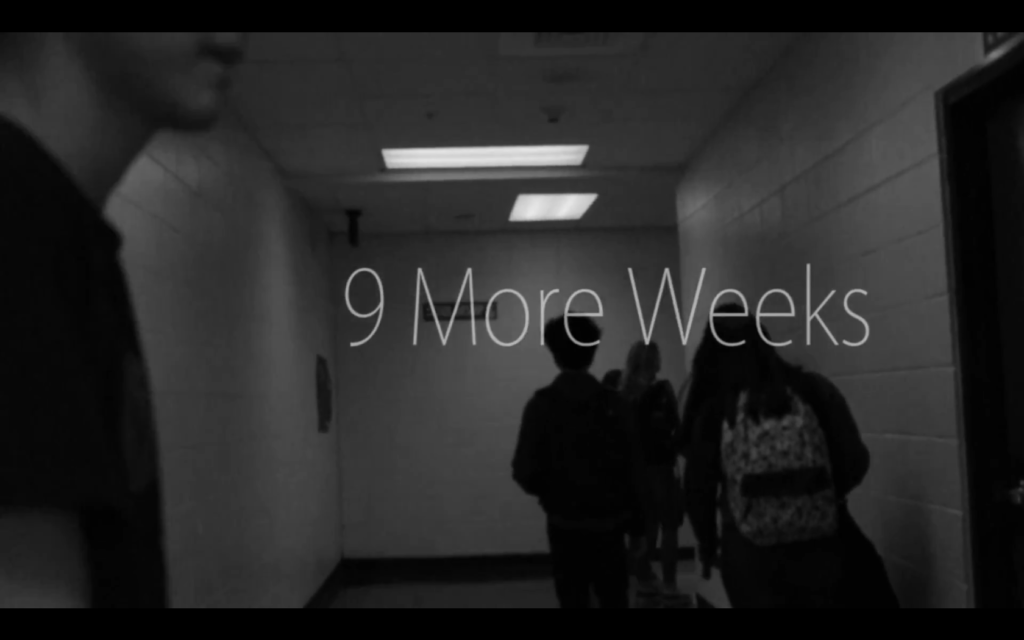David’s Legacy joins with senator to pass Texas bill
By Ariana Arredondo
With eyes glued to screens and minds constantly wrapped up in the next online trend, the Internet has become a key part of young people’s lives. While the Internet is a great tool for both communication and information, it often leaves young people feeling helpless and trapped. Shoving kids into lockers ad stealing lunch money is a thing of the past as modern bullies torment vulnerable and insecure teens all from the comfort of their own home, local coffee shop, library or anywhere with an Internet connection.
Now the state of Texas has enacted a new law that expands the definition of bullying and mandates harsher penalties for anyone who causes mental or physical harm through bullying. David’s Law will take affect on Sept. 1 in all Texas school districts, and is the result of a partnership between the David’s Legacy Foundation and Sen. José Menéndez, D-San Antonio.
This bill classifies cyber bullying as a misdemeanor and allows for consequences if the harassment causes the student in question any degree of mental or physical harm. This bill was named after David Molak, a Texas teen that took his own life in January 2016 as a result of the cyber bullying he endured. His family created the David’s Legacy Foundation to spread awareness of cyber bullying and its consequences.
“There’s got to be some good that comes out of something so devastating,” David`s mother Maurine Molak said.
Statistics from the i-SAFE foundation show that over 50 percent of students have experienced cyber bullying or have engaged in some form of cyber bullying.
“As teenagers, we’re becoming desensitized to it. because we see it so much” senior Dayan Delgado said.
Cyber bullying often consists of constant negative messages or posts coming from one or more people. It can single a person out and make them feel incredibly vulnerable. This type of bullying directly attacks a student’s self-esteem and mental state, which can often lead to mental health problems.
“Cyber bullying can have a long-lasting effect, because most times, when you get physically hit, it might hurt a little bit, but then that pain will go away. When it’s cyber bullying, that`s something that becomes more emotional,” said counselor David Wyndham.
Michele Hamm, a professor at the University of Alberta, published a study reporting that cyber bullying is often linked to depression in teens.
“It’s a psychological thing. It’s going through your head, messing with you,” freshman Damian Chavez said.
It`s important to recognize the signs as well as the effects of cyber bullying. There are many ways to report bullying that you have either experienced or witnessed. Always tell an adult, counselor, teacher or administrator, who can then show you how to report bullying. If you see it or experience it, speak out. Please visit www.sisd.net to read more about our district’s policies and ways to report bullying.













